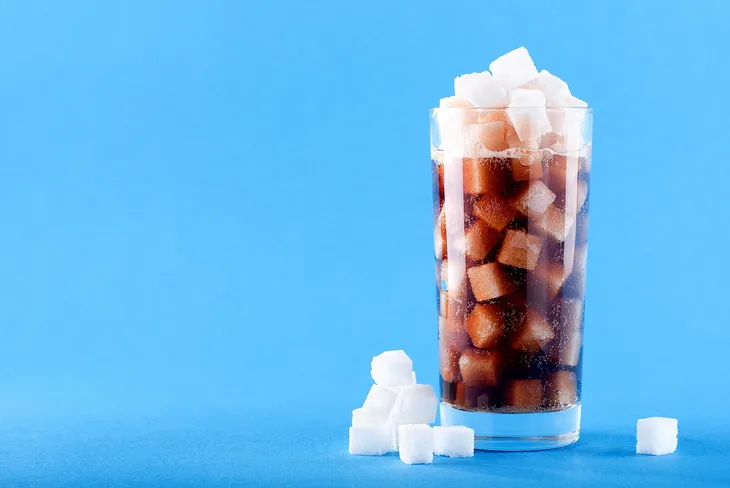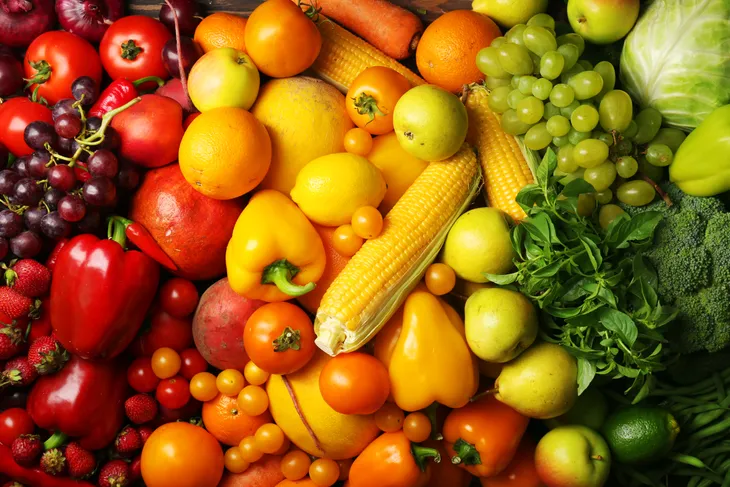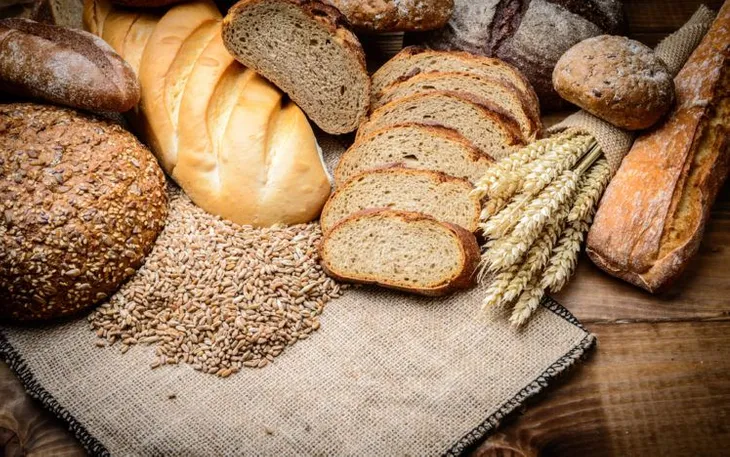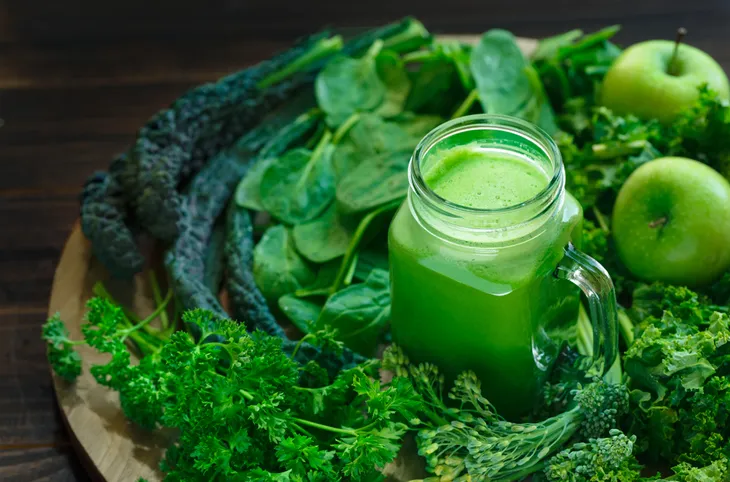Losing weight is hardly easy—for most people, it could require strict dieting (in other words, no longer eating many of the foods you love) along with lots of intense exercises. Depending on your starting weight, genes, and overall health situation, it could take months or even years to shed ten pounds or more.
However, losing weight doesn’t have to be all about sacrifice. At least, it can be accomplished without completely denying yourself many of the high-calorie, high fat, and high sugar foods you’ve come to love. So, how can you lose weight without stringent dieting?
Don’t Skip Breakfast
Many people get up in the morning with only the slightest of appetites. Rather than head to the refrigerator or kitchen cupboards, many of these folks head straight to the coffee maker, thereby using caffeine—rather than food calories—to get through the opening hours of the day.
Here’s the problem with that: starve your body in the morning, and it will come back to haunt you later in the day. Most people who skip breakfast tend to consume more calories, especially in the evening when it becomes harder to burn calories. Instead, force yourself to eat something small and full of protein, such as a protein shake or energy bar.
Avoid Late-Night Snacking
It’s rarely a good idea to gorge yourself on pancakes, fried eggs, bacon, sausage, and toast in the morning, but if there is a time when you should eat like this, it’s breakfast. That’s because the body can use those calories throughout the day. In fact, you might find yourself less hungry as the day goes on.
However, if you eat that kind of a meal late at night and you can just about guarantee it will have a negative impact on your weight loss goals. That’s because our bodies begin to shut down as we near bedtime and we burn few calories after going to sleep. In the end, that means any late-night snacks or meals are turned into fat.
Watch your Liquid Calories
Can drinks really cause you to gain weight? The short answer is yes, of course. Many of the world’s most popular beverages are loaded with things that can derail a weight loss project, from sugar and carbohydrates to fat and calories. For example, many of Starbucks’ most popular drinks are simply loaded with fat, sugar, and calories.
The same can be said of many alcoholic beverages. Additionally, liquor—whether in beer, spirit, or wine form—can cause us to forget our weight loss goals as our alcohol consumption increases. In other words, it’s a lot easier to order pizza when you’re a little tipsy than when you’re sober.
Eat your Fruits and Veggies
This one is pretty obvious. After all, most of us have been told by parents, doctors, teachers, even babysitters to eat more fruits and vegetables since we were little kids. That’s because fruits and veggies tend to have fewer calories but lots of healthy minerals and vitamins. They’re also high in water, which can give us the feeling of being full.
Of course, not all fruits and veggies are created equal. To keep yourself sane and happy, focus on using those you actually enjoy eating—even those that may not be quite as healthy (such as bananas, coconut, or apples). Sure, kale is a superfood, but if it makes you gag it won’t do your weight loss project any good.
Choose Whole Wheat
It’s a question bread lovers answer all the time: white or whole wheat? Generally speaking, those who put taste first prefer white bread, while the health-conscious favor whole wheat. But is it that important to choose whole wheat bread if you’re trying to get in shape?
The answer, in short, is yes. Whole-grain foods have more fiber, which not only helps in the digestive process by keeping you “regular,” but also in making you feel full for longer. The result: you’re less likely to go searching for a snack after your meal. So, unless you despise whole wheat and adore white bread, go for the whole grains.
Plan Ahead
A key part of getting in shape without drastically changing how you eat: just think ahead a bit when it comes to food. For example, if you know you’re going to an all-you-can-eat Chinese restaurant with a group of friends—and you love eating Chinese food—plan to eat lots of fruit, vegetables, and whole grains in the days leading up to and following your dinner.
That way, you can enjoy yourself with your friends while keeping your weight loss plans on track. As the saying goes, “everything in moderation, including moderation.”
Search for “Bonus” Exercise Opportunities
It sounds crazy, but the difference between losing weight and staying at the same weight can be a few small choices that have nothing to do with your diet. For example, if you start walking or biking to school or work instead of driving, you’ll burn substantially more calories over the course of the week, getting you closer to your weight loss goals without forcing you to make huge changes to the food you enjoy.
By looking for these “bonus” exercise opportunities, you can make a real difference in your journey to your desired body weight. Other examples include mowing your own lawn instead of paying someone else to do it; taking the dog for an extra walk each day; and taking the stairs instead of the elevator.
Fill Up On Greens
One of the toughest challenges for people trying to lose weight: adjusting their serving sizes. For dieticians and fitness experts, trimming portions sounds so easy and straightforward, but for everyone else, it can be incredibly hard. In effect, you’re asking your body to adjust to having substantially less food each day, and that can be a difficult, even impossible, adjustment.
The solution for many people: don’t trim portions, but fill up on low-calorie healthy food items, such as greens like spinach, kale, green beans, etc. If greens aren’t your thing, then try something else that’s relatively low in calories but also healthy, such as carrots, beets, turnips, or mushrooms.











